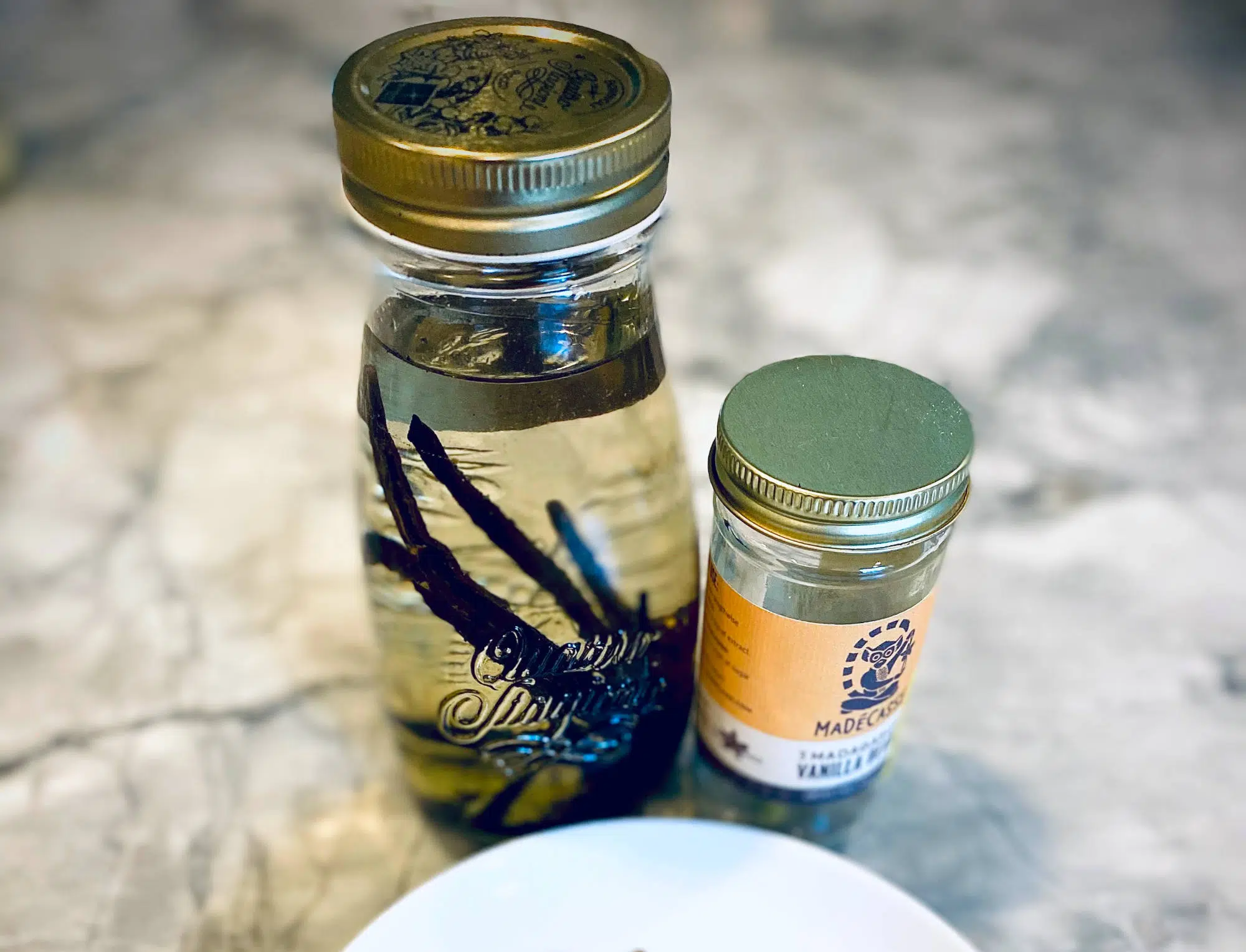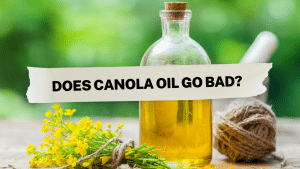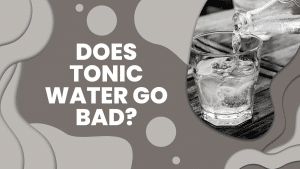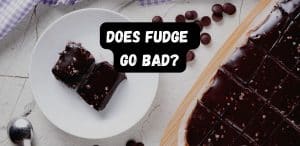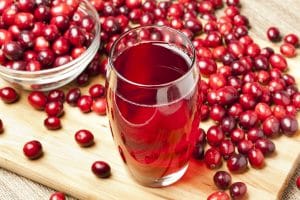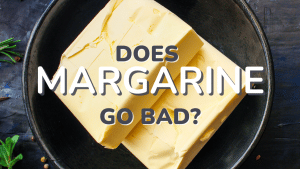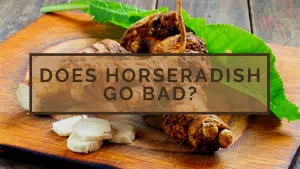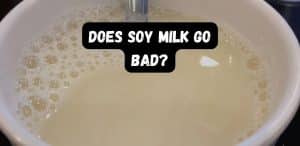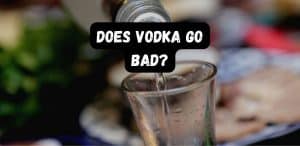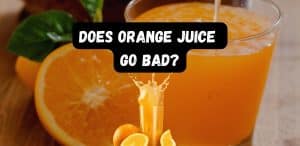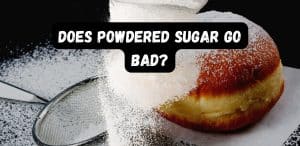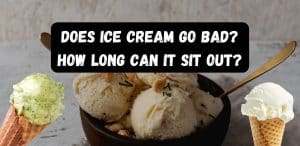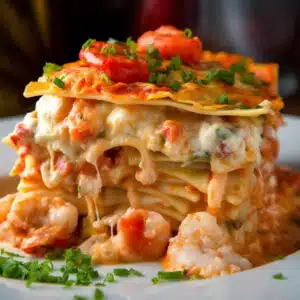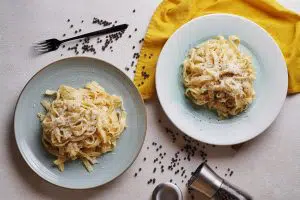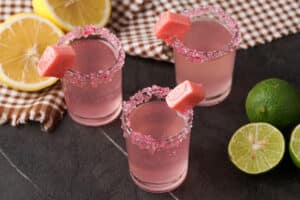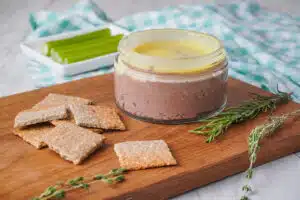Does Vanilla Extract Go Bad?
Important Note: When you buy through our links, we may earn a commission. As an Amazon Associate we earn from qualifying purchases. Content, pricing, offers and availability are subject to change at any time - more info.
Vanilla is a must-have ingredient in most baking recipes. But buying pure vanilla extract comes with a hefty price tag. But whether you buy artificial vanilla extract or the pure variant, you must know how long the extra will last? In terms of food safety, vanilla extract has an indeterminate shelf-life. A bit over the course of time, it will lose the flavor and aroma. However, you have a couple of years to use the extract before being concerned about the quality.
Defining Vanilla Extract
Vanilla extract is an important baking ingredient; it brings a delicate flavor and sweet aroma to the desserts. Moreover, pure vanilla extract is made by grinding or macerating and mashing vanilla bean pod in a solution of ethanol and water. A pure vanilla extract must have a minimum of 35% alcohol content and at least 100 grams of vanilla beans for 1-liter liquid. The primary flavor of vanilla comes from a component known as vanillin. There are other compounds as well that add complexity and depth to the vanilla extract’s flavor.
Artificial vanilla extracts are extremely popular mainly because they are less expensive as opposed to pure vanilla extract. They are made from synthetically produced vanillin. The latter is basically a by-product of wood pulp. Since it is synthetic in nature, the artificial vanilla extract does not have other natural nutrients as well as a flavoring of the whole beans; this is why some people find artificial vanilla extra less flavorful in comparison to the pure variant. However, when baking, you will be using other ingredients and flavors. Therefore, artificial extract makes an affordable alternative for many uses.
Can Vanilla Extract Go Bad?
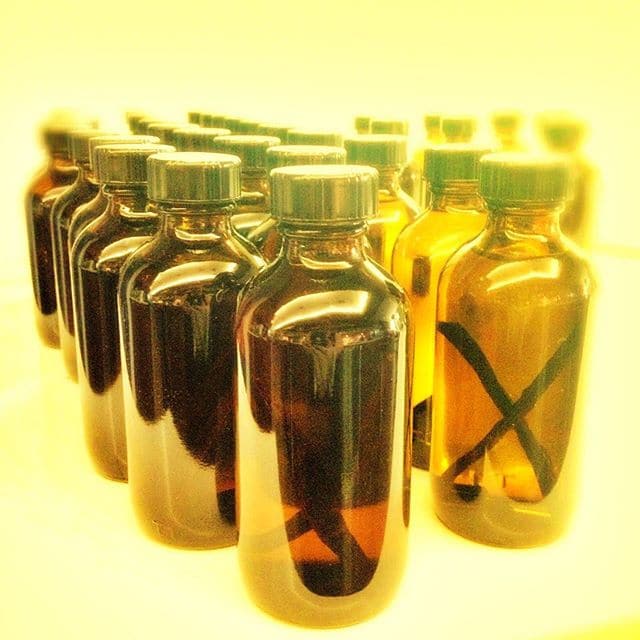
Pure vanilla extract is not cheap, so it is important to keep it from going bad. However, the great news is it is very unlikely that your vanilla extract will go bad. A majority of the bottles will come with use by or best before date. It is not essentially because the extra will turn bad. It is more about the extract losing its potency and flavor over time.
The alcohol content of the pure vanilla extract keeps it fresh, aromatic, and flavorful for a long time. You shouldn’t notice any decrease in the aroma and flavor for five to ten years. Bakers generally cannot make a vanilla extract bottle last for a long time. So if you are among them, it’s unlikely that you will find yourself disappointed with the result.
Vanilla extract can turn bad if it is left open in the wrong environment for a prolonged time. The extract does not offer the right environment in which the bacteria thrive. However, it is still possible that the extract can grow harmful bacteria.
If you have had vanilla extract for a long time and not stored in the right conditions, ensure to test it first before adding it to the recipe. You can smell the bottle and taste a bit. And if the smells or taste don’t feel right, dispose of it.
Does The Imitation Vanilla Extract Go Bad?
Imitation vanilla, similar to pure vanilla, does not go bad for a long time. This is because the extract does not have the welcoming condition for the growth of bacteria. But it is still possible that there may be bacteria growth. In most likely scenarios, the vanilla extract can lose its power. Imitation vanilla will lose its aroma and flavor after two years, particularly in inadequate storage conditions. It is important to consider that there is a slight difference between artificial vanilla and imitation vanilla and pure vanilla extract.
If you have been consistently using one kind of vanilla, you may experience slight changes in the flavor. And it might make you think that the vanilla has turned bad.
How To Tell If The Vanilla Extract Has Gone Bad?
As we mentioned above, it is very unlikely that the vanilla extract may go bad in an unsafe or unhealthy manner. Unfortunately, the extract loses its potency, and your baking dish will not have the proper essence of the vanilla. Smelling the extract is the best way to determine whether or not the vanilla extract is fresh. If the aroma does not make you happy when you open the bottle, you may not be satisfied with the effect of the extract on the baking.
Remember that pure vanilla and artificial vanilla have a different aroma. So if you have only used one, the scent may surprise you, but it will have nothing to do with the potency. When you are switching, it is better to first familiarize yourself with the new fragrance.
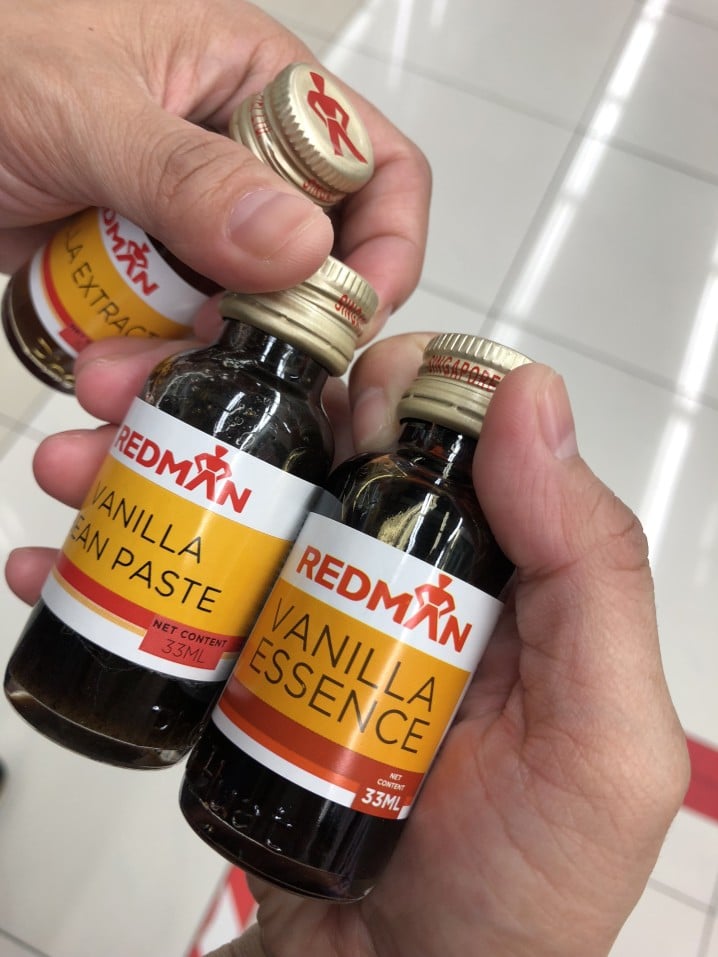
Why Has The Vanilla Extract Become Cloudy?
It simply means that you have stored the vanilla extract in a place where it is exposed to light or heat constantly. The warmth can lead to evaporation, even when the bottle is sealed tightly. Therefore, your vanilla extract can turn cloudy. Even then, if your vanilla extract has a fresh smell, the liquid is safe to use.
What Are The Black Specks In The Vanilla Extract?
Black specks in the vanilla extract are more common than you think. However, it is more about the specks in the vanilla-flavored food instead of the extract. It is highly unlikely that you will ever find black specks on the extract as the liquid is filtered before packing. If there is any sign of pieces in the vanilla extract, it may be because of cross-contamination. And it should not be present in the extract.
Conclusion
Homemade vanilla extracts, if made with an adequate amount of pure alcohol, can last for the same amount of time as the store-bought vanilla extract. Generally, pure vanilla extract is able to maintain the quality for 5 to 10 years based on how it is stored. And it is unlikely to get sick from expired vanilla. The use by the date mentioned on the package is more like a recommendation. After that date, the manufacturer does not guarantee the smell and flavor of the extract. However, the liquid will still be safe to use for your baking recipes.
